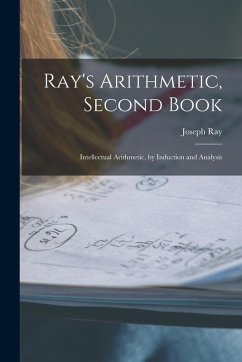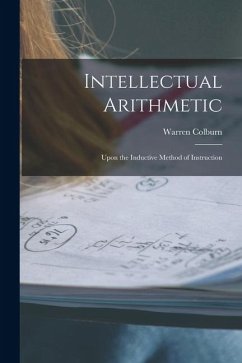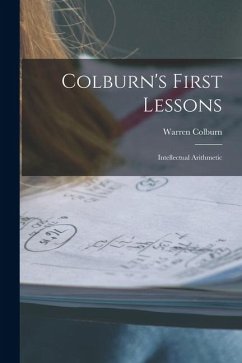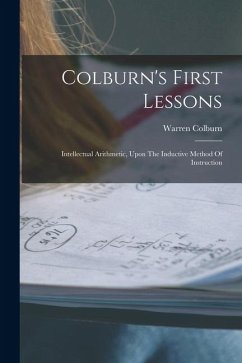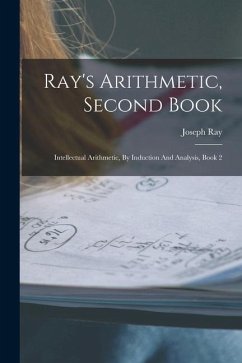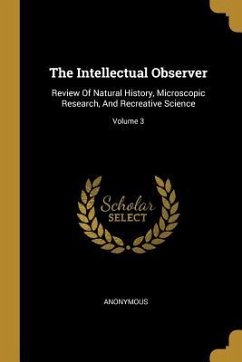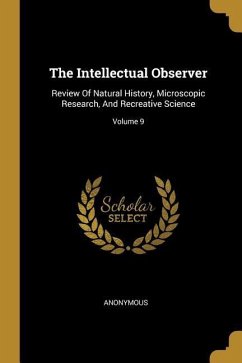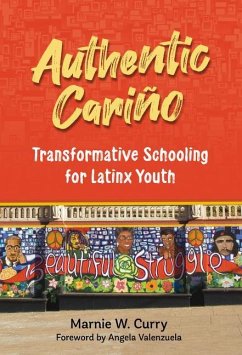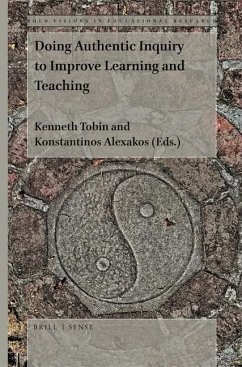Nicht lieferbar
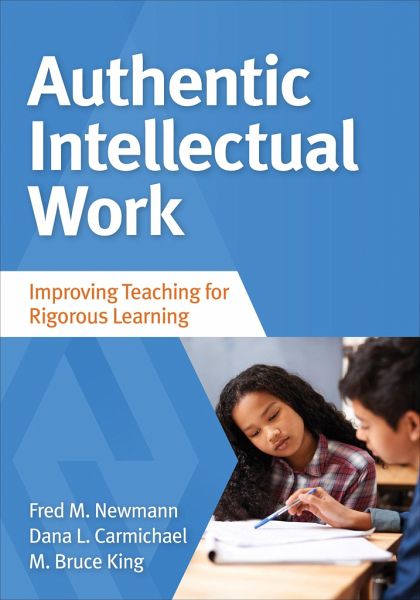
Authentic Intellectual Work
Improving Teaching for Rigorous Learning
Versandkostenfrei!
Nicht lieferbar




Authentic Intellectual Work(AIW)
Dr. Fred M. Newmann, Emeritus Professor of Curriculum and Instruction, University of Wisconsin-Madison, began his education career teaching high school history and social studies in 1959. Dissatisfied with prevailing curriculum and instruction, he completed doctoral studies at Harvard and began to attack thebroader question: In what ways can institutions, especially schools, in a modern culture be shaped to enhance community? This led to research and development of social studies and civic education curriculum, to planning an alternative school, to studies of alienation in secondary schools, theories of democratic citizenship, student community service, higher order thinking in high school curriculum, new approaches to student assessment, the restructuring of public, elementary, middle, and high schools, and professional development to build capacity in low-income schools. At Wisconsin, he taught graduate courses in curriculum and assessment and directed national centers on Effective Secondary Schools and on Organization and Restructuring of Schools (k-12) which generated the initial research on Authentic Intellectual Work that was used in research on Chicago Public School reform. He has published widely and is recognized internationally as a leader in reform of curriculum, instruction and schooling. He retired from the University of Wisconsin in 2001, and since 2007 helped develop the approach to professional development sponsored by the Center for Authentic Intellectual Work.
Produktdetails
- Verlag: Sage Publications
- Seitenzahl: 152
- Erscheinungstermin: 16. Dezember 2015
- Englisch
- Abmessung: 279mm x 147mm x 9mm
- Gewicht: 318g
- ISBN-13: 9781483381084
- ISBN-10: 1483381080
- Artikelnr.: 42950720
Herstellerkennzeichnung
Libri GmbH
Europaallee 1
36244 Bad Hersfeld
gpsr@libri.de
Für dieses Produkt wurde noch keine Bewertung abgegeben. Wir würden uns sehr freuen, wenn du die erste Bewertung schreibst!
Eine Bewertung schreiben
Eine Bewertung schreiben
Andere Kunden interessierten sich für



